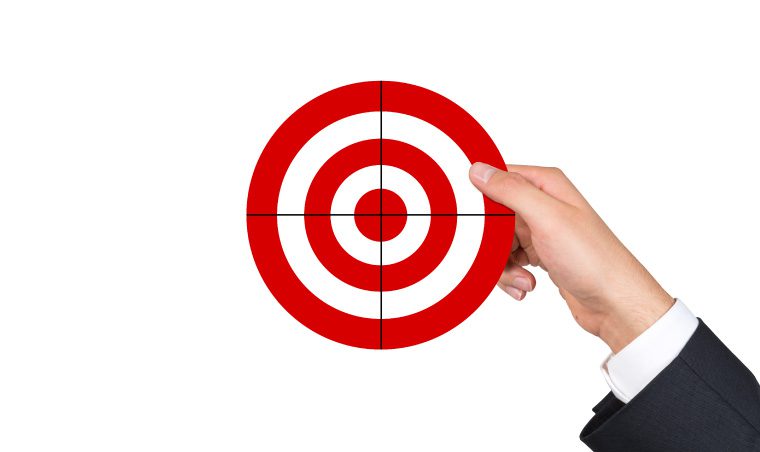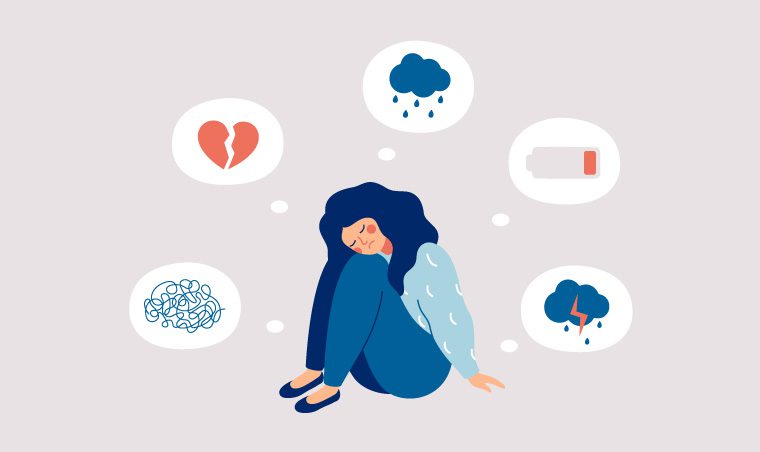Porn Addiction: Know About Its Causes And Cure
By Dr. Nikita Toshi +2 more

Get,

to manage your symptom
Get your,


4 Cr+ families
benefitted

OTP sent to 9988776655



You’ve successfully subscribed to receive
doctor-approved tips on
Whatsapp

Get ready to feel your best.

Hi There,
Download the PharmEasy App now!!


Register to Avail the Offer
Send OTPBy continuing, you agree with our Privacy Policy and Terms and Conditions

Hi There,
Sign up on PharmEasy now!!
Trusted by 4 crore+ families

OTP sent to 9988776655



You have unlocked 25% off on medicines




Code: NU25
By Dr. Nikita Toshi +2 more
Table of Contents
An obsessive want to watch porn is considered pornography addiction, regardless of the consequences. The signs and symptoms of compulsive porn watching are frequently eerily similar to behavioral addictions and may have serious consequences. The conduct’s negative effects distinguish a porn addiction from a great interest in porn. When you have a porn addiction, you view porn for long periods instead of connecting with others or finishing crucial activities. The behavior continues even when it hurts your relationships, work or general well-being.
Much like with drugs, some people try porn for the first time out of curiosity and never develop a habit. When their stress levels rise, many people start watching porn and stop when their stress levels return to normal. Others may develop an addiction to watching porn.
Porn addiction is a behavioral disorder which does not have a medication for treatment but psychological support, cognitive behavioral therapy and support groups can help in the de-addiction.
Dr. Ashish Bajaj, M.B.B.S., M.D. in Clinical Pharmacology and Toxicology
Users of porn are divided into three groups. The other two types endure sexual dysfunction due to their porn habits, whereas one kind indicates healthy porn use.
Those that watch porn for fun are considered recreational users. A casual watcher can occasionally enjoy porn without becoming addicted to it or giving up other hobbies. For recreational users, porn may sometimes be used as a source of enjoyment or to improve their sex life with their partners.
The severely distressed non-compulsive viewer is the second category of porn consumers. These individuals watch pornography less frequently—only 17 minutes a week on average—but still, find it unpleasant and upsetting. 12.7% of those who view porn fall into this category, according to the study.
Most highly distressed porn watchers are single and may utilise the medium to boost their self-esteem. This group’s members may use porn to cope with their unfulfilling sex life or a lack of romance.
The third group of porn consumers is those that watch porno compulsively. Compulsive watching is not a healthy way to use porn, much like the troubled group. According to the study, 11.8% of porn users are obsessive viewers and most are male.
It can affect relationships and daily functioning when someone watches pornography obsessively. Because they feel forced to watch porn and cannot stop, compulsive viewers may give up other life activities. The average weekly time spent watching porn by compulsive individuals is 110 minutes.
For some people, obsessive porn viewing can develop into a porn addiction. In one survey of college students, 10.3% were found to have a cybersex addiction, with men making up the bulk of those who fit the bill.
Porn addiction as far as we know, a number of recent studies support this entity as an addiction with important clinical manifestations such as sexual dysfunction and psychosexual dissatisfaction.
Dr. M.G. Kartheeka, MBBS, MD(Pediatrics)
If you are concerned about your porn viewing, there are some warning signs to consider. You might have a porn addiction if:
There is no general agreement among researchers as to what constitutes a true pornography addiction or even whether such a thing even exists. There are a variety of causes that could be at play, according to those who think that compulsive pornography consumption is an actual addiction. These consist of:
There are things you can do to assist cope if this activity is causing issues in your life, regardless of whether pornography addiction qualifies as a serious addiction in the traditional sense. In addition to consulting a psychiatrist and therapist, you can:





Truths about your actions and ideas may be unpleasant to address, but doing so will help you obtain the care you require. You can overcome your addiction to pornography with the correct care.
You might start getting vital answers about yourself by bringing your compulsive behaviour to light. With the help of these responses, you may set resolutions that will improve your life and make you happier.
Parents must talk frankly with their teens and adolescents about the availability of such content on the internet. They must educate their children about the possible adverse effects of watching porn and advise them to stay away. Setting up parental controls on browsing can also help.
Whether or not pornography is addictive in the sense of traditional medicine, excessive viewing of it can have catastrophic consequences. Watching porn can set up unrealistic fantasies and sexual desires in a person’s mind, which, when unfulfilled, can lead to a sense of low self-esteem and dissatisfaction. Staying away from such content is always healthy for yourself and your relationships.
Although there is debate over the origins of pornography addiction, most treatments include addressing an underlying problem, which may have a mental health component. Simple lifestyle adjustments may be beneficial for some people.
A person can enhance their relationships and recover control over their usage of pornography by seeking treatment from a sex-positive therapist who can spot underlying issues and provide evidence-based treatment options.
Disclaimer: The information provided here is for educational/awareness purposes only and is not intended to be a substitute for medical treatment by a healthcare professional and should not be relied upon to diagnose or treat any medical condition. The reader should consult a registered medical practitioner to determine the appropriateness of the information before consuming any medication. PharmEasy does not provide any guarantee or warranty (express or implied) regarding the accuracy, adequacy, completeness, legality, reliability, or usefulness of the information; and disclaims any liability arising thereof.
Links and product recommendations in the information provided here are advertisements of third-party products available on the website. PharmEasy does not make any representation of the accuracy or suitability of such products/services. Advertisements do not influence the editorial decisions or content. The information in this blog is subject to change without notice. The authors and administrators reserve the right to modify, add, or remove content without notification. It is your responsibility to review this disclaimer regularly for any changes.

Leave your comment...
Comments